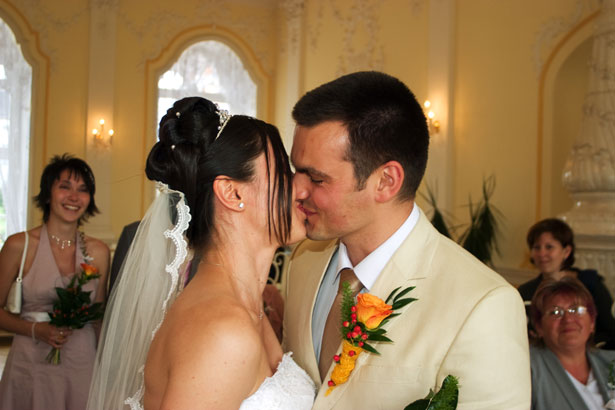The death of a lover is difficult regardless of whether it is expected, as is the case with long-term illnesses, or if it is sudden, as is the case with a car crash or a major heart attack. The uncertainty of the future can leave those who have planned everything for a major life crisis to instead become quite shaken up by the crushing and challenging process of grief.
The first three stanzas of Merrill Glass’s “But You Didn’t” commence with the speaker innocently asking her lover a series of “Remember when…” questions that stem from memories of incidents in the couple’s past and what she thought would happen. The speaker concludes by saying, “But you didn’t.” This series of “remember when” questions highlight what the speaker thought her lover would do—everything from hating her to dumping her—yet he surprises her by not doing so, hence the revelation, “but you didn’t.”
These difficult memories prepare the reader for the twist at the end of the last stanza, which reminds us of how important it is to openly communicate with those we love because we never know what the future holds.
The repetition of the beginning and ending of these three stanzas demonstrates Glass’s method of the grieving process. She states her memories of these difficult moments where she thought she would lose her lover for good. Instead, he remained committed to her regardless of how often she pushed his buttons. These difficult memories prepare the reader for the twist at the end of the last stanza, which reminds us of how important it is to openly communicate with those we love because we never know what the future holds.
Glass opens the final stanza with “There were plenty of things you did to put up with me, to keep me happy, to love me,” which piques the reader’s interest into how the relationship ended when the speaker’s lover seemed so loyal. The speaker then confesses that “there are/so many things I wanted to tell you when you returned from/Vietnam…/But you didn’t.” The final “but you didn’t” clarifies the meaning of the poem as a whole. The memories and nostalgia the speaker shares about her lover are the speaker’s way of processing her grief over not having a future with the lover she lost. Grieving reminds us to cherish the love and relationships in our lives while we can because life can be so unpredictable.
This beautiful poem reminds us that writing when dealing with loss and grief can be a very therapeutic way to sort out emotions and to learn to cope with not being able to rely on and share everything with the person you have grown the closest to—in this case, a lover.
This beautiful poem reminds us that writing when dealing with loss and grief can be a very therapeutic way to sort out emotions and to learn to cope with not being able to rely on and share everything with the person you have grown the closest to—in this case, a lover. Writing allows us to delve deeper into ourselves and hopefully learn how to better prioritize the importance of relishing and sharing with the people we love most in our lives before it is too late.
You may also enjoy:

 “But You Didn’t” by Merrill Glass
“But You Didn’t” by Merrill Glass




 Debating Medical Aid in Dying
Debating Medical Aid in Dying
 “Help Me, Helen”
“Help Me, Helen”















